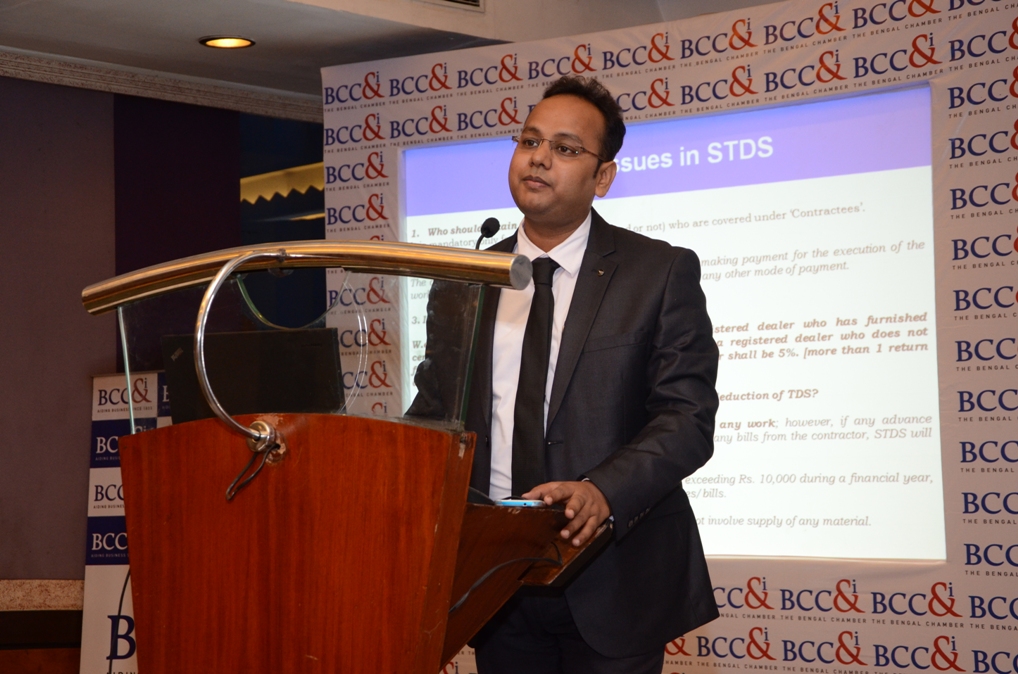“Discover the overriding effect of IBC (Insolvency and Bankruptcy Code) over Income Tax and GST Acts. Supreme Court rulings and legal provisions explained. Stay informed on the legal landscape for corporate debtors.”
From the time of appointment of Official Liquidator, assessee company becomes defunct and the Official Liquidator steps into the shoes of the assessee. IBC overrides Income Tax as well as GST or over any other enactment for that matter in case of conflicting provisions.
The Hon’ble Supreme Court in the case of Pr. CIT v. Monnet Ispat & Energy Ltd. [SLP (C) No.6487 of 2018, dated 10-8-2018] has upheld overriding nature and supremacy of the provisions of the IBC over any other enactment in case of conflicting provisions, by virtue of a non obstante clause contained in section 238 of the Code. The Apex Court in case of Alchemist Asset Reconstruction Co. Ltd. v. Hotel Gaudavan (P.) Ltd. [2017] 88taxmann.com 202 has also held that even arbitration proceedings cannot be initiated after imposition of the moratorium u/s 14 (1) (a) has come into effect and it is non est in law and could not have been allowed to continue.
U/s 178(6) of the Act, as amended w.e.f. 01.11.2016, the Code shall have overriding effect. The provisions of section 14 of the Code institution of suits or continuation of pending suits or proceedings against the corporate debtor including execution of any judgement, decree or order in any court of law, tribunal, arbitration panel or other authority shall be prohibited during the moratorium period under Insolvency and Bankruptcy Code. In the case of ASSISTANT COMMISSIONER OF INCOME-TAX, CENTRAL CIRCLE-2(1), KOLKATA Vs AMRIT FEEDS LTD [2023-VIL-338-ITAT-KOL] it was also upheld.
Similarly under GST – In ASSOCIATE DECOR LTD., VERSUS ASSISTANT COMMISSIONER OF COMMERCIAL TAXES BENGALURU, STATE OF KARNATAKA BENGALURU [2021 (10) TMI 578 – KARNATAKA HIGH COURT] the petitioner was served show cause notice (SCN) under section 75 of the CGST Act, 2017 and the petitioner sought setting aside of said noticee on the ground that proceedings under the GST law cannot be allowed to be continued on account of moratorium under insolvency law (IBC). Revenue authorities issued notice because it could hit limitation bar under the GST law if proceedings were initiated after the lifting of moratorium. It was concluded that proceedings under GST cannot be continued when moratorium declared under Insolvency and Bankruptcy Code is in force; proceedings were to be kept in abeyance till lifting of moratorium. Liberty was given to the respondent to continue/initiate proceedings against the petitioner after disposal of the proceedings and lifting of the moratorium and completion of the CIRP.
The Implication of GST and the procedure under the GST law for the corporate debtors is discussed vide Notifications and Circulars (CGST Notification – 11/2020 dated 21.3.2020, Circular No.134/04/2020-GST dt. 23.03.2020– and Circular No 138/08/2020)/ Circular No 187/19/2022-GST dated 27.12.2022. Further Circular CBIC-20001/2/2022 – GST clarifies regarding the treatment of statutory dues under GST law in respect of the taxpayers for whom the proceedings have been finalised under Insolvency and Bankruptcy Code.





